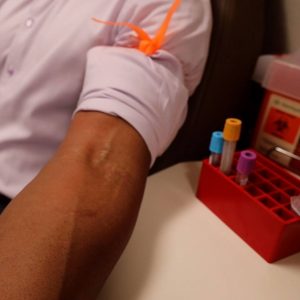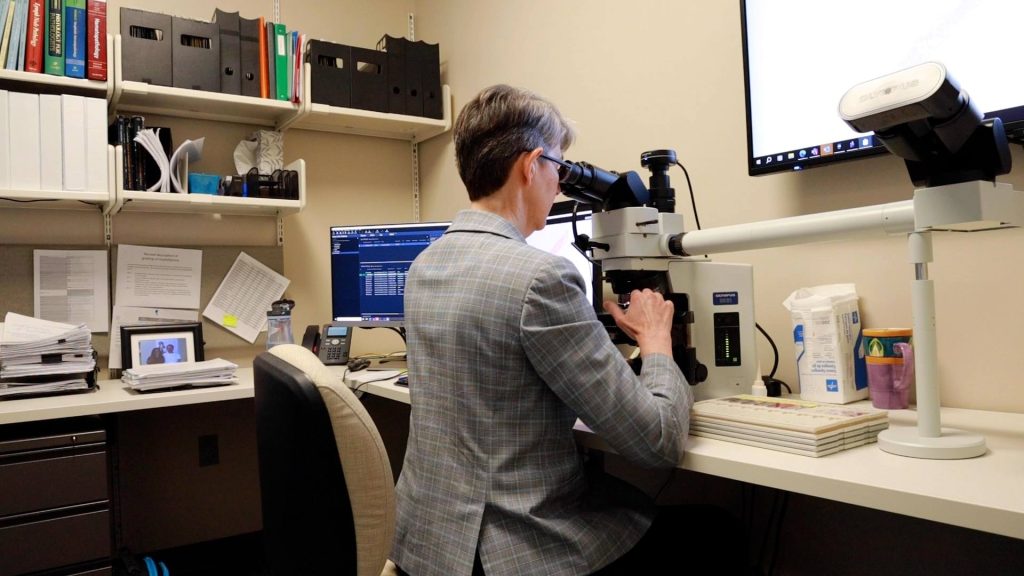-
Mayo Clinic Minute
Mayo Clinic Minute: 5 things your blood can tell you about your health
Blood tests are commonly used to help not only monitor one's health but also to diagnose conditions. A blood sample can reveal a lot about a person's health.
One of the most frequently ordered tests is a CBC, or complete blood cell count, which tells you the different cells that are in your blood, how many they are, and whether they're abnormal or normal.
Journalists: Broadcast-quality video (1:10) is in the downloads at the end of this post. Please courtesy: "Mayo Clinic News Network." Read the script.
"For example, if you're anemic, you won't have as many red blood cells. Or if you have an infection, you'll have an increase in your inflammatory cells, the white blood cells in your blood," says Dr. Fiona Craig, a Mayo Clinic pathologist.
Blood testing can also be very complex.
"There are now ways of looking for small amounts of cancer circulating in your blood. And that requires a very specialized type of testing that's completely different from the CBC," says Dr. Craig.

For some blood tests, patients are required to fast before their blood is collected.
"We're looking for cells and molecules that are in the blood — for example, glucose. And there are many molecules that are in our food, and we absorb them into our blood. So if the blood test is to measure your baseline level of, say, glucose for diabetes, then it's important that we take that before you've had something to eat," says Dr. Craig.
While the collection process is usually a quick and, for some, painless procedure, certain people will feel dizzy afterward. Dr. Craig says this isn't because of the amount of blood being collected.

"Our bodies usually have about 5 liters of blood, and many times you're only collecting 5 milliliters or a 1,000th of the amount of blood. More often, it's concern about the collection, being worried, being apprehensive about the collection," says Dr. Craig.
She does recommend being well-hydrated and warm on the day of your blood test to help things go a little smoother.







